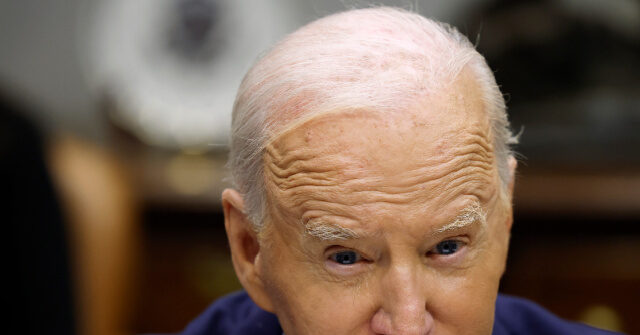During a recent rally in Scranton, Pennsylvania, former President Donald Trump made provocative remarks regarding President Joe Biden and Vice President Kamala Harris, suggesting that Biden harbors a strong dislike for Harris, claiming he hates her “almost as much” as he hates Trump himself. Trump’s speech centered around Biden’s recent exit from the presidential race, which he characterized as an “overthrow,” implying that the decision was not voluntary. He argued that Biden’s public persona has improved, comparing it to Harris, whom he accused Biden of being angry with. This commentary was biologically alongside Trump’s perspective that Biden received fourteen million votes, whereas Harris received none, framing this dynamic as a significant political failure.
Trump’s allegations come at a time when Harris is attempting to navigate her political strategy by distancing herself from the controversial policies of the Biden-Harris administration while also needing to align herself with those same policies to reinforce her candidacy. This scenario has placed her in a challenging position, often described as a “catch-22.” She aims to campaign on issues like crime and inflation but faces the dilemma of these issues being linked to an administration that has lost favor with many voters. Thus, Harris must find a balance that allows her to appeal to voters without alienating those who associate her with the administration’s less popular policies.
To complicate matters, President Biden has seemingly taken steps to emphasize his partnership with Harris, publicly stating that they have been “singing from the same song sheet” and acknowledging her role in the accomplishments of the administration. This assertion serves both to support Harris as she campaigns and to highlight the administration’s legislative achievements. However, it appears that Biden is grappling with feelings of being sidelined in the political discourse, expressing frustration that Harris has not adequately referenced his name or contributions when she speaks publicly, a sentiment reflected in recent reports of his private complaints.
Through Biden’s lens, the perceived lack of acknowledgment from Harris signifies an evolving party dynamic, wherein it may seem that the Democratic Party is moving away from him as a leader, especially after she assumed top billing on the Democratic ticket. Reports have surfaced indicating Biden’s discontent, particularly concerning moments in which Harris discussed key policies or debates without adequately crediting him. This situation poses a risk to Biden’s legacy as his own administration’s achievements are intermittently overshadowed by a rising star in his vice presidency.
Adding to the mix, Biden has undermined some of Harris’s criticisms directed at Florida Governor Ron DeSantis, noting DeSantis’ cooperation and success in certain areas, which contradicts Harris’s portrayal of him as engaged in “political games.” This observation highlights the ongoing rift between the Biden administration and certain factions within their own party, as well as the difficulty Harris faces in trying to criticize Republican opponents while maintaining the integrity of the administration she represents.
Within these intricate political dynamics, Biden and Harris’s relationship is increasingly critical in shaping the narrative of the upcoming election and the overall Democratic strategy. The juxtaposition of both leaders’ public stances reveals deeper tensions not only in their partnership but also among their supporters. As Harris attempts to carve out her political identity independent of Biden while still appealing to his base, the ongoing struggle for unity within the Democratic party will be crucial in determining their success moving forward.

